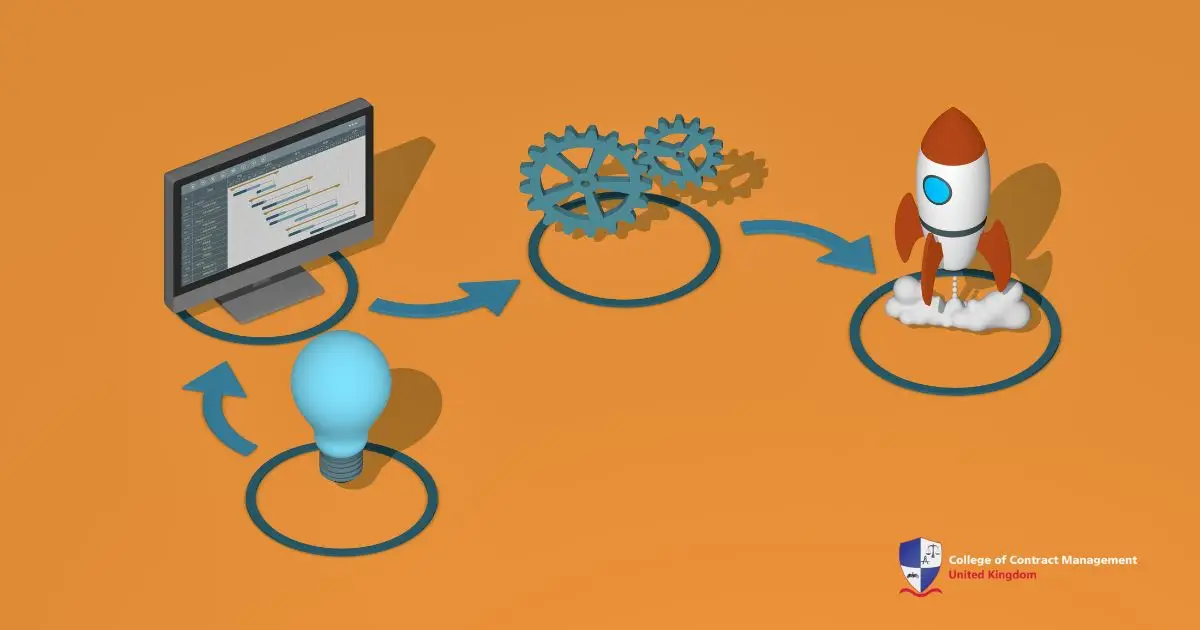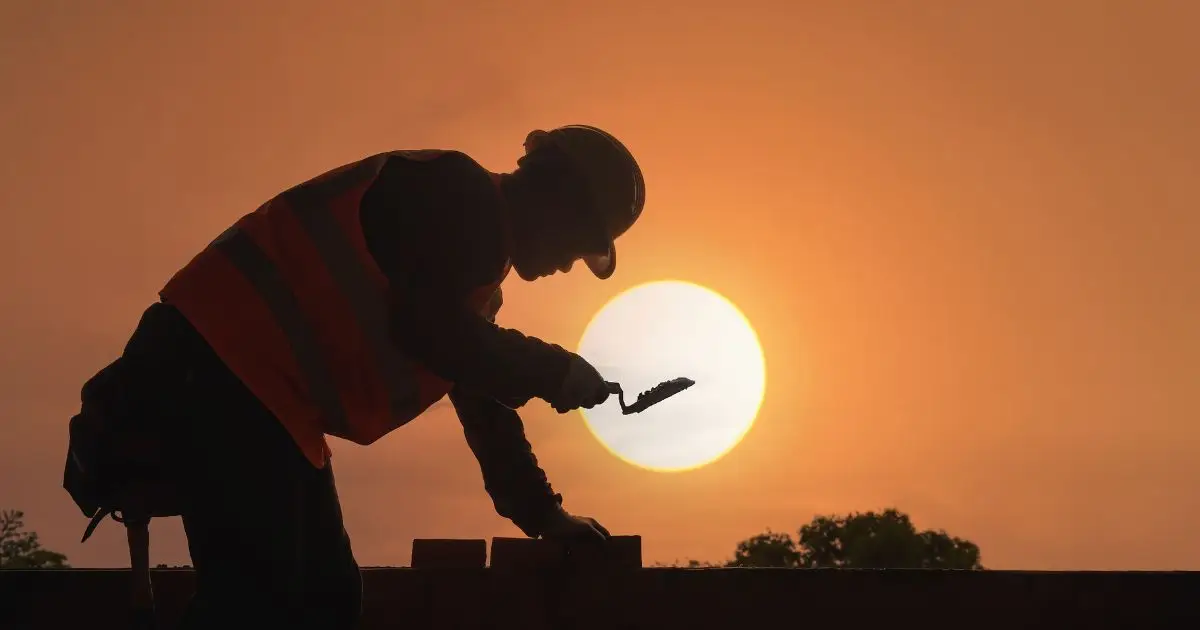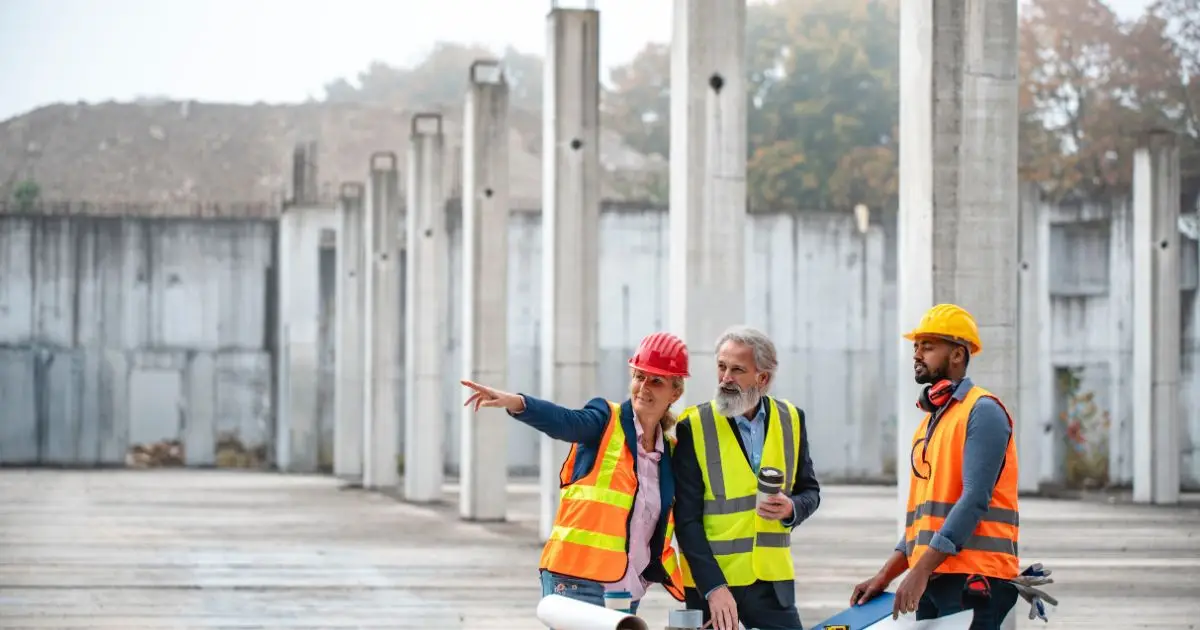The project life cycle for construction is an essential framework. This framework helps construction professionals manage every phase of a project, from start to finish. For this reason, following this structured cycle ensures each stage is well-organised and completed on time and within budget. As a result, it allows teams to deliver high-quality results efficiently.
In this guide, you'll know more about the project life cycle for construction in straightforward terms. So here is everything you need to know that covers everything from initiation to closure.
What is the Project Life Cycle for Construction?
The project life cycle for construction is a clear series of steps that help guide a construction project from the beginning to the end. This cycle keeps construction teams focused on the cycles involved, lowering the chances of encountering any mishaps and boosting teamwork at every stage of the project.
The main stages are initiation, planning, design, execution, monitoring and control, and closure. For this reason, each stage has its own goals and tasks, making the project easier to handle and more organised from start to finish.
1. Initiation: Laying the Foundation
The initiation phase in the project life cycle is the first step in a construction project. So basically this is when the project idea really starts to take shape. During this phase, the team looks at whether the project is feasible and sets clear objectives to ensure it can move forward.
In this stage, outlines the project’s purpose, scope, and goals. This stage also identifies the key stakeholders. As well as the clients, contractors, and team members, and come up with an initial budget and resource plan. So, with a solid foundation built in the initiation phase, the project is ready to move ahead. If everything checks out, it can then proceed to the planning stage.
2. Planning: Creating a Detailed Roadmap
Planning is a crucial step in construction projects because it sets the stage for everything that follows. This phase of the project life cycle involves creating specific plans for the budget, timeline, and resources to help the project run smoothly.
During planning, the team assigns clear roles and responsibilities to ensure everyone knows what they need to do. They also conduct risk management to anticipate possible challenges, and they arrange all necessary permits and materials. Good planning is key to keeping construction projects on track. With a detailed plan in place, the team can move forward confidently, knowing that unexpected issues are less likely to cause delays.
3. Design: Developing the Project Blueprint
During the design phase of a construction project in the project life cycle, the team moves from basic ideas to detailed plans that builders can follow. Architects, engineers, and designers work together to create the technical details needed for construction.
The designs are then reviewed with the client to make sure everything aligns with their vision and needs, and any changes are made if necessary. The team also checks that the design meets the building safety act and incorporates eco-friendly practises when possible. This design phase is really important because it helps prevent mistakes during construction. With clear plans ready, the team can confidently begin building.
4. Execution: Bringing the Project to Life
Execution is the most hands-on part of a construction project, where the actual building happens. This phase of the project life cycle focuses on organising the construction team, managing resources, and keeping the project on track.
It starts with site preparation, followed by bringing in teams and contractors for different tasks. Safety measures are put in place to protect workers, and careful management of materials helps avoid waste and delays. During the execution phase, constant communication and oversight are key. By staying coordinated, the project team can ensure everything runs smoothly and efficiently.
5. Monitoring and Control: Staying on Track
Monitoring and control go hand in hand with the execution in construction projects. This process helps keep the project on schedule, within budget, and meeting quality standards. It involves checking progress, managing costs, and spotting any risks or issues as they come up.
The project manager plays a key role in quality control by regularly inspecting the work to make sure it meets the required standards. If there are any deviations from the plan, they are addressed quickly, and necessary adjustments are made to stay on track. This stage is essential in the construction project life cycle because it helps avoid costly mistakes and keeps everything moving forward. Regular monitoring makes sure that small problems don’t turn into big delays.
6. Closure: Finalising and Handover
The closure phase is the final step in the construction project life cycle, where everything is wrapped up and handed over to the client. During this phase, a final inspection is done to ensure that all the work meets quality standards and the client’s expectations.
The project manager collects important documents like warranties and user manuals and closes out contracts with suppliers and subcontractors. The project team may also review the project to see what went well and figure out where they can improve in future projects. Closure is an important part of the project because it marks the official end. It’s a time to celebrate successes and think about the lessons learnt, getting ready for new opportunities.
Importance of the Project Life Cycle for Construction
Understanding the project life cycle in construction is really important for anyone in the field. It gives a clear roadmap for managing tasks and keeps everything organised. Each phase of the project helps maintain quality and ensures things get done on time. By being consistent in fulfilling project stages, there are fewer occurrences of project deviations.
Following this structured process can help avoid delays and extra costs while also ensuring client satisfaction. When construction professionals know each phase well, they can play a bigger role in the project and help ensure its success.
Relevant Courses for Mastering the Project Life Cycle for Construction
If you want to learn how to manage construction projects, there are a number of courses available. These courses will help you understand and handle each stage of the project life cycle. Apply what you'll learn to your construction projects to ensure maximum efficiency and productivity, meeting project goals on time.
- Construction Project Management: Covers planning, budgeting, and overseeing a construction project from start to finish.
- Quantity Surveying: Focuses on managing on-site operations, ensuring quality control, and supervising team activities.
- Construction Law and Contracts: Teaches the legal aspects of managing contracts, which is essential for the planning and closure stages.
- Health and Safety in Construction: Emphasises maintaining safety standards throughout the construction process, which is vital for the execution phase.
Each course contributes to a deeper understanding of the project life cycle for construction, consequently making it easier to manage projects effectively and efficiently.
Why Choose the College of Contract Management?
The College of Contract Management is a great choice for anyone wanting to learn more about the construction project life cycle. They offer practical courses and flexible online learning, making it easy for construction professionals to find what they need. The instructors are experienced people from the industry, so you’ll get real-world insights rather than just theory. Plus, with online courses, you can study at your own pace, allowing you to manage work and learning more easily.
By studying at the College of Contract Management, you'll pick up valuable skills that can boost your career and help you succeed in every phase of construction projects. Whether you're starting out or looking to dive into advanced topics, the College provides all the tools you need to thrive in the construction field.





